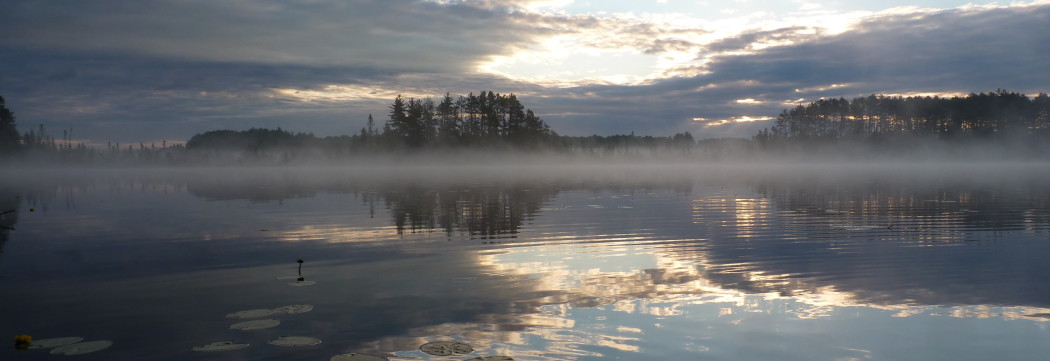Guardian Yearlong blog post originally posted on 5/10/14
Guardian Training 2013/14 recap
At the end of each year-long we give daily emphasis to the topic of re-integration. This year we approached it by asking the Guardian trainees to compile a list of skills they had learned/honed during their year-long training. Between soft and hard skills*, they came up with a four page list!
*Hard skills, also known as quantitative skills, such as hide tanning, fire-by-friction, primitive cooking. Soft skills or qualitative skills, i.e. conflict resolution, self-knowing, relationships.
Skills are grouped for easier reading, yet you may notice that some fit in several categories.
March 17 to 24, 2014. Reintegration
“We, the Guardian trainees, have learned much this turn of the seasons. Looking back at our experience we compiled this list of hard skills and soft skills, and some of them are both.”
HARD SKILLS
Tracking:
Scouting
Orienteering
Approaching and reading kill sites
Tracking: tracks and sign
Scatology
Feather reading
Hunting/Gathering:
Animal processing
Edible plant and insect foraging
Finding springs
Frog hunting
Gathering respectfully (offerings, etc…)
One-hand nut cracking
Plant identification
Primitive fishing
Recognizing edible, medicinal plants, and toxic look-alikes
Ricing
Sharpening tools
Tool use and treatment
Trapping with deadfalls
Wild ricing
Health:
Caretaking of food
Breathing
Chewing for optimal health
Detoxification
Fasting and internal spring cleansing
Jumping, crawling, flexibility, coordination
Keeping warm in subzero temperatures
Living with mosquito
Physical strength building
Posture
Primitive tooth care
Processing wild plants for food and medicine
Warm water drinking during freezing weather
Wilderness first aid and ongoing treatment of wounds
Wilderness hygiene in green and white seasons
Traveling:
Building Pack Frames
Canoeing
Crossing a river/building an impromptu bridge
Exploring river systems
Hiking
Ideal camp locations
Invisibility
Night sky orienteering
Reading the landscape
Safe travel on ice
Tree climbing safety
Setting up camp
Shelter building
Snowshoe walking
Stealth training
Tarp location and set-up without using ropes or ties
Traveling as a group
Under-conifer lean-to
Wilderness awareness
Wilderness bed making
Native Lifeway:
Weather forecasting
Native walking and running
Primitive everyday living skills
Native dancing
Ojibwe language
Keeping track of time with sun and moon
Minimalism
Friction fire without metal tools
Making friction fire blindfolded or without tinder in wet, windy conditions
Tending fire (smokeless fire)
Primitive cooking
Wilderness comfort skills
Respectfully peeing and pooping in the woods
Feast and famine
How to burn hair
English (for non-English speakers)
Crafts:
All crafts executed with just three tools
Birch bark containers
Bowl making
Carving
Drum making
Fixing clothes/modifications and repairs
Hide-tanning
Mending/darning
Making and using pitch glue
Splitting wood with wood wedges and rocks
Using bones and sinew
Wood qualities
Working with rawhide – getting to know the materials
SOFT SKILLS
Communication skills:
Accepting input
Becoming
Coming out of head and into heart
Listening to heartvoice
Listening
Listening to longing needs
Naturespeak
Non-verbal communication
Responsiveness
Truthspeaking/truthlistening
Awareness skills:
Awareness – bringing oneself to awareness
Awareness of victim patterns and victimization
Being proactive
Celebrating making mistakes and learning from them
Dreams
Fulfilling needs
Gaining perspective
Learning how to learn
Observation skills
Pattern breaking
Recognizing when we are sinking to least common denominator, taking the easy road
Understanding what it means to be alive, and to be human
Zen stories
Adaptability skills:
Aspiring to be our best
Being innovating
Being ok with being a fool
Creativity
Envisioning
Faking it until we make it
Feeding our inner passion by challenging our comfort zones
Improvising
Living on our frontier/staying sharp
Circle consciousness skills:
Archetype skills – aggressor, nurturer, and guardian
Being part of a group
Caretaking skills (of oneself and others)
Coming to one voice
Guardian role
Guiding skills
Organization skills
Relationship skills
Relationship with the land
Storytelling
Strategies for not falling into dysfunctional behavior
Sensory skills:
Intuition
Invisibility
Responsibility
Self-esteem
Shadowing
Stealth training
After receiving this list from the Guardian trainees, we reflected on the soft skills, one-by-one, looking for connection to their lives at camp…and with that connection, to their lives away from these wilds. Together, we explored the ways in which these skills would help the Guardians in serving their people and their communities—doing what they will be called to do.
